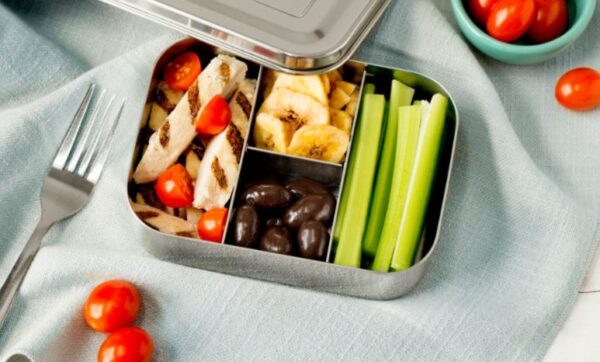Lifestyle
7 foods men should avoid when trying to conceive

For men looking to boost fertility, making dietary adjustments is a crucial step. Certain foods can negatively impact sperm quality and production, reducing the chances of conception.
Here are 7 foods to avoid when trying to conceive:
1. Processed meat and fast foods
These foods contain high levels of trans fats, preservatives, and excessive sodium, which are detrimental to sperm quality. Fast food can lead to inflammation, lower sperm concentration, and impaired motility.
Frequent intake of red and processed meats can harm sperm production. These meats are often rich in unhealthy fats and hormones, which can disrupt spermatogenesis—the process of sperm formation. Limiting these meats can promote better reproductive health.
2. High-fat dairy
Full-fat dairy products, such as whole milk and certain cheeses, have been shown to decrease testosterone levels. The high levels of saturated fat can lead to hormonal imbalances, negatively affecting sperm count and overall reproductive health.
3. High mercury fish
Fish like swordfish, and tuna contain mercury, which has been linked to sperm DNA damage, negatively affecting sperm motility and morphology. Limiting high-mercury fish can help protect sperm integrity.
4. Excessive alcohol
Chronic heavy alcohol consumption disrupts sperm production, leading to reduced volume, motility, and morphology. While moderate alcohol intake might be acceptable, heavy drinking should be minimized to maintain optimal sperm health.
5. Soy products
Soy contains isoflavones, a type of phytoestrogen that mimics the estrogens produced in a woman’s body. Excessive consumption of soy products can reduce sperm count by disrupting hormonal balance in men, potentially hindering fertility.
6. Caffeine and energy drinks
High caffeine intake, particularly from energy drinks, can reduce sperm count and impact sperm DNA. Limiting caffeine consumption to under 200 mg per day is advised when trying to conceive. High caffeine intake may cause DNA abnormalities in spermatozoa, impacting both sperm quality and motility. Men trying to conceive should consider cutting down on coffee and other caffeinated drinks.
7. Sugary soft drinks and artificially sweetened juices
Sugary beverages and those containing artificial sweeteners are known to be harmful to sperm quality. Regular consumption of these drinks can lead to insulin resistance and inflammation, which may impair sperm motility and count. Excessive consumption of artificial sweeteners, such as aspartame and saccharin, may increase oxidative stress in the body, which can damage sperm DNA and lower sperm quality.










